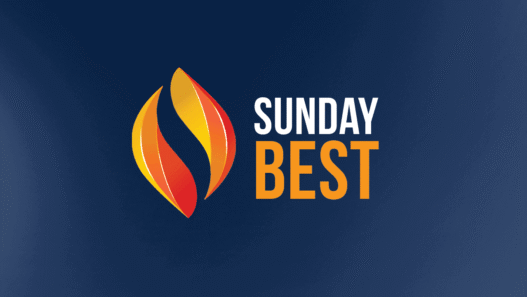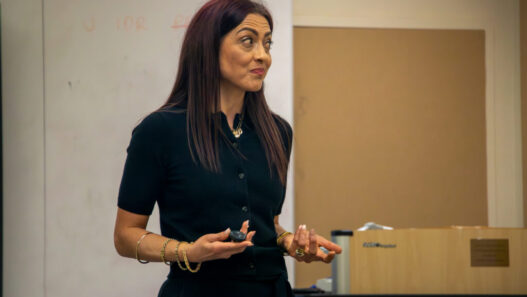Yesterday, I wrote about how YouTube is now using AI to guess your age. The idea is this: Rather than rely on the age attached to your account, YouTube analyzes your activity on its platform, and makes a determination based on how your activity corresponds to others users. If the AI thinks you're an adult, you can continue on; if it thinks your behavior aligns with that of a teenage user, it'll put restrictions and protections on your account.
Now, Google is expanding its AI age verification tools beyond just its video streaming platform, to other Google products as well. As with YouTube, Google is trialing this initial rollout with a small pool of users, and based on its results, will expand the test to more users down the line. But over the next few weeks, your Google Account may be subject to this new AI, whose only goal is to estimate how old you are.
That AI is trained to look for patterns of behavior across Google products associated with users under the age of 18. That includes the categories of information you might be searching for, or the types of videos you watch on YouTube. Google's a little cagey on the details, but suffice it to say that the AI is likely snooping through most, if not all, of what you use Google and its products for.
Restrictions and protections on teen Google accounts
We do know some of the restrictions and protections Google plans to implement when it detects a user is under 18 years old. As I reported yesterday, that involves turning on YouTube's Digital Wellbeing tools, such as reminders to stop watching videos, and, if it's late, encouragements to go to bed. YouTube will also limit repetitive views of certain types of content.
In addition to these changes to YouTube, you'll also find you can no longer access Timeline in Maps. Timeline saves your Google Maps history, so you can effectively travel back through time and see where you've been. It's a cool feature, but Google restricts access to users 18 years of age or older. So, if the AI detects you're underage, no Timeline for you.
You'll also notice your ads will be much less relevant to your interests and search history. Accounts under 18 don't have personalized advertising, which is a great choice for all of us—not just teens. Sure, it's good to limit targeted advertising toward younger people, but, as an adult, I certainly don't need to see the fruits of web trackers' labor manifest as pop-up ads. I try to disable personalized ads whenever I can anyway—but an ad blocker solves the problem entirely.
Finally, accounts under 18 won't be able to access apps restricted to adults on the Play Store, which makes sense. If your account is flagged as being under 18, you won't be able to download or access 18+ apps.
What do you think so far?
If Google's AI gets it wrong, it's on you
Part of the problem with outsourcing this type of work to AI is that the tech is not perfect. As a matter of fact, it often makes mistakes, and will undoubtedly label some adults' accounts as underage. While the above restrictions aren't particularly extreme, you probably don't want to deal with YouTube's encouragements to go to sleep, or arbitrarily losing out on features like Timeline.
Google is aware of this possibility, and has a solution: If the AI gets it wrong, you can verify your age by uploading either your government ID or a selfie. The latter likely uses a different AI model to determine whether you really are over 18, which has its own set of problems, but the point is this: Google is following an age verification trend started by other sites and services in the face of new laws from various governments. Age verification is slowly becoming the norm, demanding users upload official IDs to prove they are as old as they say they are.
I'm all for protecting kids online, but I'd argue that there should be ways to do it that don't involve sacrificing the privacy of every user on the web.


















